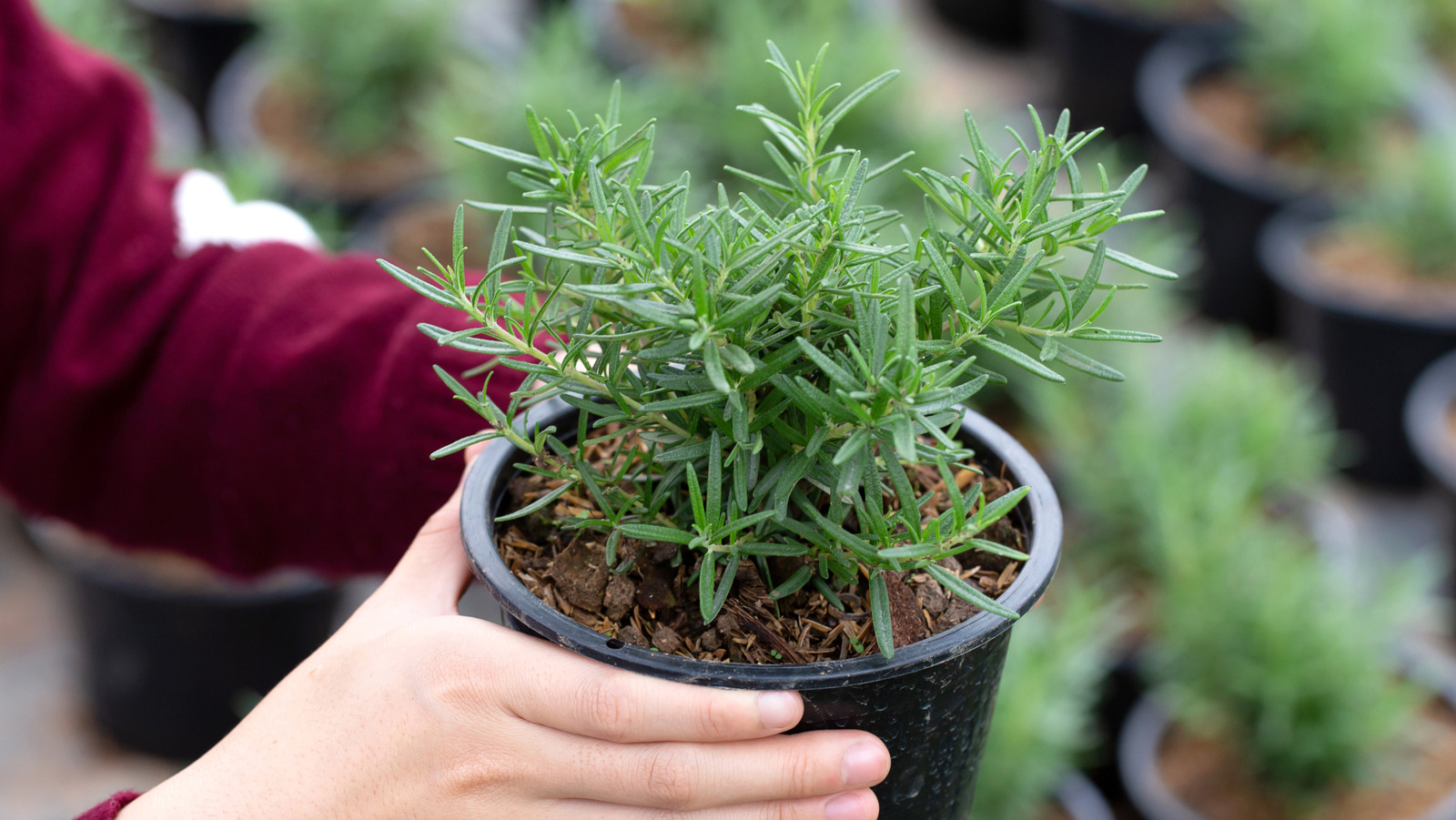
"Rosemary needs high-drainage soil, and wilts under excess moisture. To facilitate this, add a coarse material such as gravel, grit, perlite, or sand into the soil. Incorporating these larger particles breaks up dense areas of soil and avoids compacted layers, improving air circulation and increasing drainage. When it comes to soil (especially in container gardening, when the plant is unable to pull nutrients or moisture it needs from the surrounding earth), cultivating healthy, high-production rosemary means nailing the right conditions."
"For example, Riare brand chunky, organic, pH neutral perlite soil amendment ($11.99 per two-quart bag via Amazon) improves soil ventilation while keeping rosemary's soil at an ideal alkaline 6.0-7.0 pH. Simply incorporate a generous scoop or two into your potting soil before planting the rosemary. For optimal drainage, place the potted rosemary plant atop a pebble-filled saucer, and fill the saucer with water rather than watering the plant directly, supplementing with frequent leaf misting."
Rosemary tolerates drought and heat but is sensitive to excess moisture and will wilt in poorly drained soil. High-drainage soil amended with coarse materials—gravel, grit, perlite, or sand—prevents compaction, improves aeration, and increases runoff. Container-grown rosemary benefits from adding perlite to maintain alkaline pH near 6.0–7.0 and from placing the pot on a pebble-filled saucer, filling the saucer with water and misting leaves rather than overwatering the root zone. Outdoor planting on a sloping site or in raised beds promotes shedding of water and mimics rosemary’s natural trailing habit, improving plant health and productivity.
Read at Tasting Table
Unable to calculate read time
Collection
[
|
...
]